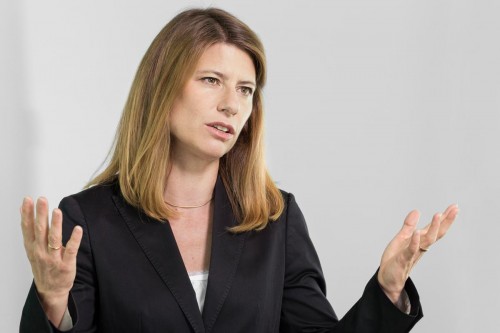
Storage technologies in the energy system of the future
What changes will our energy systems undergo in future? Will we be able to make more use of electricity from renewables?
Even today, more than 80 % of Austria‘s electricity is generated from renewable sources of energy. We aim to increase this share to 85 % by 2030, as we expand in the fields of hydropower, wind power and PV. That means ramping up electricity generation from renewables by 20 billion kilowatt-hours per annum, since consumption of electricity will also increase as electricity displaces fossil fuels.
How can fluctuating amounts of electricity from (say) wind and sun be accommodated smoothly in our energy system?
That is a process in which one has to take the long view – with more capacity in transmission and distribution grids, smart systems, an expansion of large-scale storage and increasingly battery storage in the grid and at customers‘. Further down the road technologies like power-to-gas will probably come in the system.
What part will electricity storage play in future energy systems?
Storage plays a decisive part. As a first step we need short-term storage for more flexibility, to complement flexible gas power stations. The second step: more capacity in transmission lines, to match demand and regional generation from renewables better. The final step is long-term storage, which will enable us to tide over seasonal fluctuations.
Which new technologies in the field of energy storage have the most potential, in your view?
In the field of short-term storage, definitely battery technologies. For large-scale storage hydropower pumped storage is still unbeatable. Given the huge amounts of energy involved, long-term storage will be feasible only by way of power-to-gas or similar technologies.
What opportunities do you see for technologies involving integrated, comprehensive solutions, e.g. as part of hybrid networks?
As I just mentioned, linking gas and electricity will be vital. That is still a fair way off, though, because energy efficiency is poor here. This is done only if we have such a surplus of electricity from renewables that cannot be accommodated in any other way. However, it is all to the good that research is going on here, as we shall definitely need the link.